This Week in Self-Hosted (2 February 2024)
Self-hosted news, software updates, launches, and a spotlight on PiAlert - a network device scanner with configurable alerts


In the News


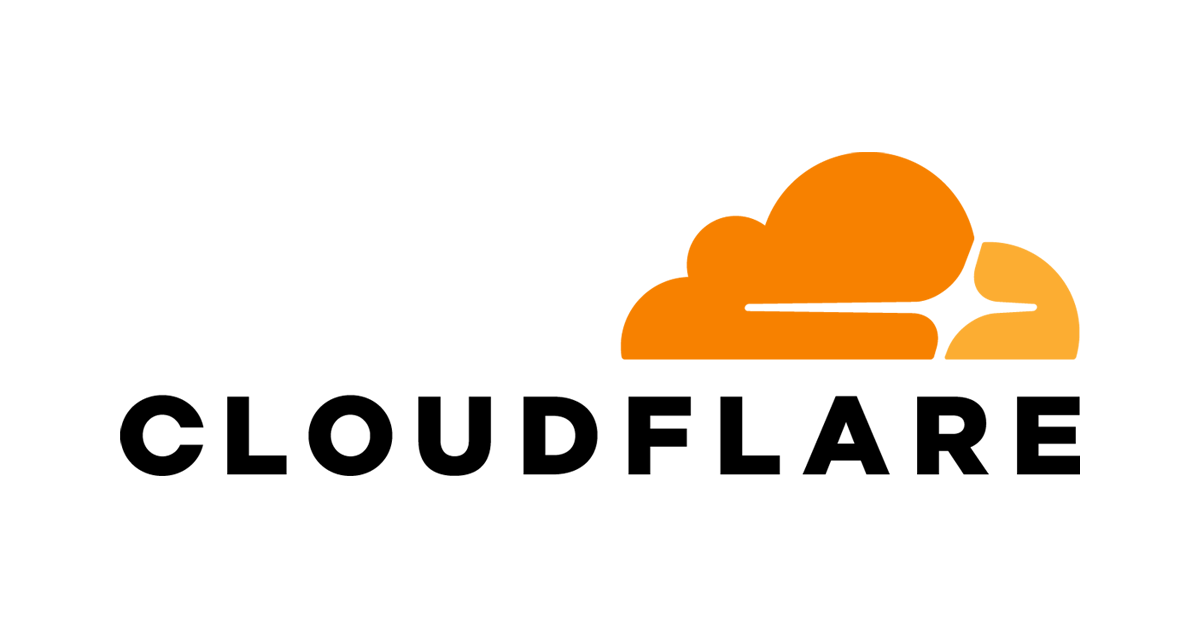
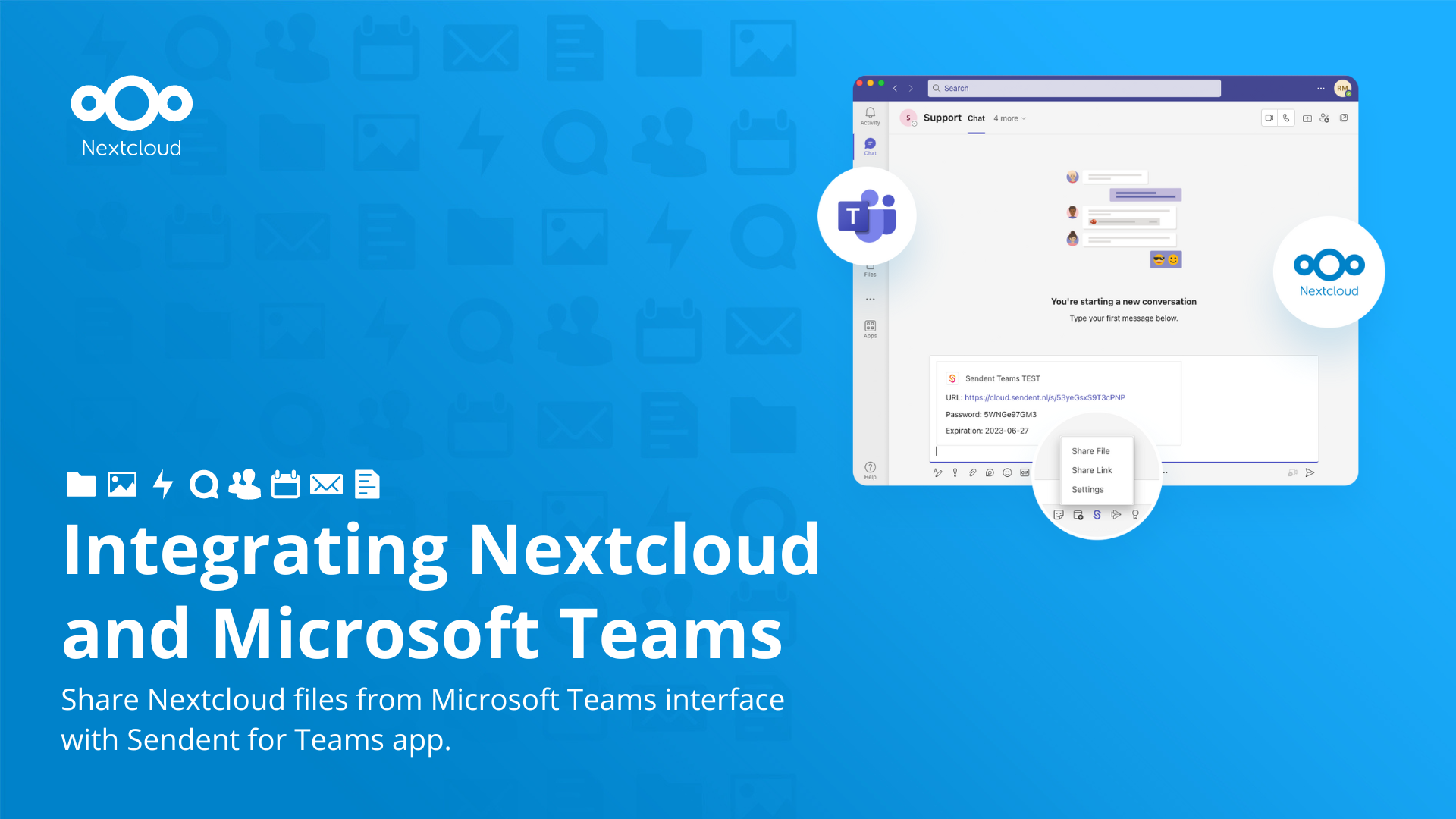
Software Updates
- Discourse v3.2 | Community Platform: Improved chat experience, new features for Discourse AI (built-in personas, smarter search, provider selection), easier admin configuration, passkey authentication
- Fasten Health v1.1.0 | Medical Records: CCDA support, support for Kaiser Benefits/Claims, updates to sources search engine, delete individual accounts
- FeedCord v2.0.0 | Discord RSS: Support for multiple webhooks, support for Discord Forums, streamline configuration properties
- Ghost v5.78.0 | Content Management: Improved sending e-mail addresses for self-hosters
- Immich v1.94.0 | Photos: Hardware acceleration for machine learning, search on the 'People' page, new transcoding options, update external libraries on filesystem change
- LinguaCafe v0.6 | Language Learning: Fixed sidebar vocabulary, minimal vocabulary box on hover, YouTube subtitle imports, hotkeys for text reader
- Linkding v1.24.0 | Bookmarks: Support for Open Graph descriptions, tooltips for truncated titles, improved bulk tag performance, increased tag limit in autocomplete
- LinuxServer.io | Container Updates: New container – Shotcut
- LubeLogger v1.1.0 | Vehicle Maintenance: Numerical columns now sortable on all tabs, move records, export attachments to records, print records on individual tabs, new Markdown mode for notes
- Mealie v1.1.0 | Recipes and Meals: Add ingredient sections to copied ingredients, ability to edit existing mealplan meals, improvements to adding recipes to shopping lists
- Memos v0.19.0 | Notes: Container tag updates ('latest' to 'stable'), new syntax for embedding content, render HTML directly within codeblocks, tag renames, collapsible navigation bar
- Note Mark v0.11.0 | Note-Taking: Print and download notes, improved header/footer consistency, button to copy note to clipboard, clickable breadcrumbs
- OnlyOffice v8.0 | Office Suite: New spreadsheet functionality (goal seek, series, chart wizard), initial RTL support, improved collaboration
- OPNsense v24.1 | Firewall: OpenSSL 3, Suricata 7, new neighbor config feature for ARP/NDP, core inclusion of os-firewall and os-wireguard plugins
- Stirling PDF v0.20.1 | PDF Editor: New stamp functionality (add text or images to set locations, custom opacity and colors)
New Software
- FeedRiv: Feed reader specializing in tagging and rating content
- Fuiz: Open-source Kahoot! alternative
- Glasskube: Open-source package manager for Kubernetes
- JellyBox: Native Jellyfin music client for Apple devices
- Morphos Server: Self-hosted file converting server
- Twine: Open-source, multi-platform mobile RSS reader
- Wren: Minimal to-do/note-taking app w/ Telegram support
This Week in Self-Hosted is an independent publication supported by the community. Consider buying me a coffee, signing up for a monthly donation on the site, or sponsoring the newsletter to help offset the costs associated with running the publication.
Community Content


Weekend Discussion
Content Spotlight: PiAlert
Meet PiAlert, a network security monitor and scanner with a web interface inspired by Pi-hole. Developed as an easy-to-run application (not just limited to the Raspberry Pi as its name suggests), PiAlert scans networks for new devices, always-connected device downtime, IP changes, and more – with support for over 80 notification services for customized and configurable alerts. The software can run in conjunction with other network-related applications and even import databases and configured leases from Pi-hole, UniFi controllers, and other generic DHCP implementations. Functionality can be easily extended with a supported Home Assistant integration or custom plugin system.
PiAlert can be installed via Docker or bare metal. Note that the project linked above and below is an actively-developed fork of the original, unmaintained project.

Links: GitHub, Documentation
What We're Watching
- Automate Homelab Deployment With Terraform & Proxmox | Jim's Garage
- The Downsides of Self-Hosting Your Applications at Home | DB Tech
What We're Listening To

Smart Home and Automation
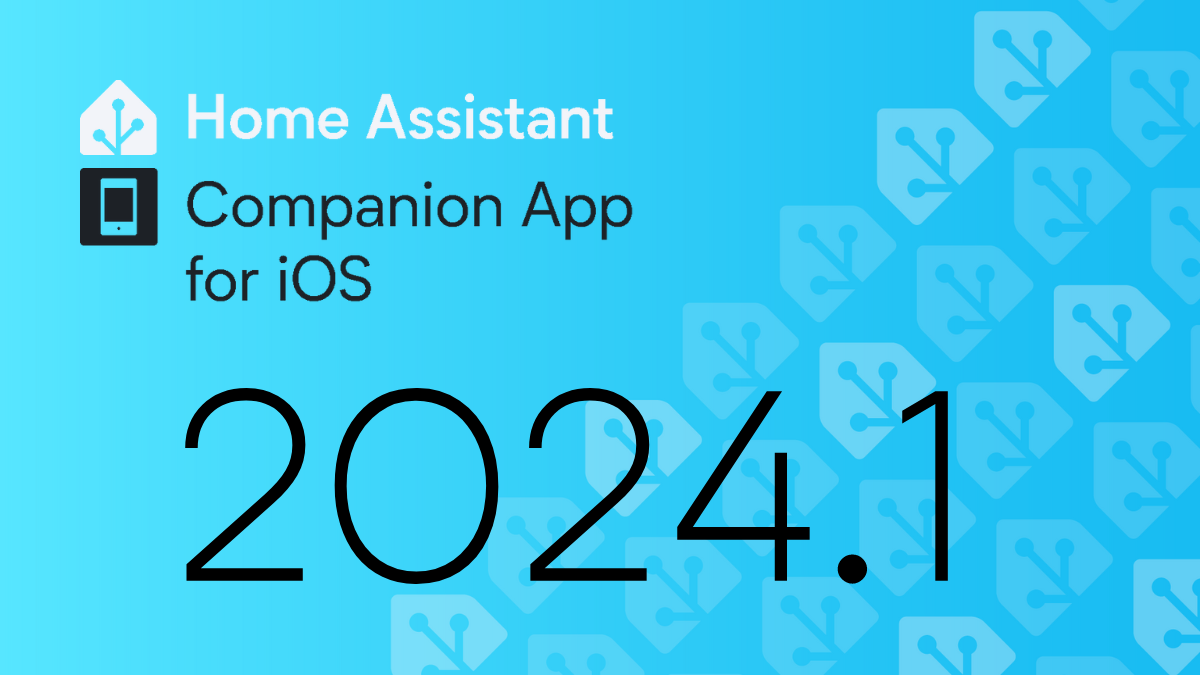

Upcoming Events


Fediverse Chatter
I don't know wtf "Intel® 12th Alder Lake N95" or "Intel 13th Core i5 13500H" or "12th Gen Intel Core ™ i7 12650H " means.
My knowledge of processors id basically back when the i-series first came out and i7 was better than i5.
@[email protected]
Privacy



Command Line Corner: watch
Use the watch command to monitor changes to the output of another command over intervals of time. This is useful when monitoring things like script results, disk usage, and other tools that print a response as an output.
The command also comes with a number of helpful options including specifying an interval other than the default two seconds (-n), highlighting the differences between outputs (-d), or terminating the watch command when the output changes (-g). If not configuring the command with an option to automatically stop, use Ctrl + C to manually exit.
/$ watch date
Fri Feb 2 07:30:00 EST 2024
2Click here to view an archive of commands shared in previous newsletters.
Other News in Tech
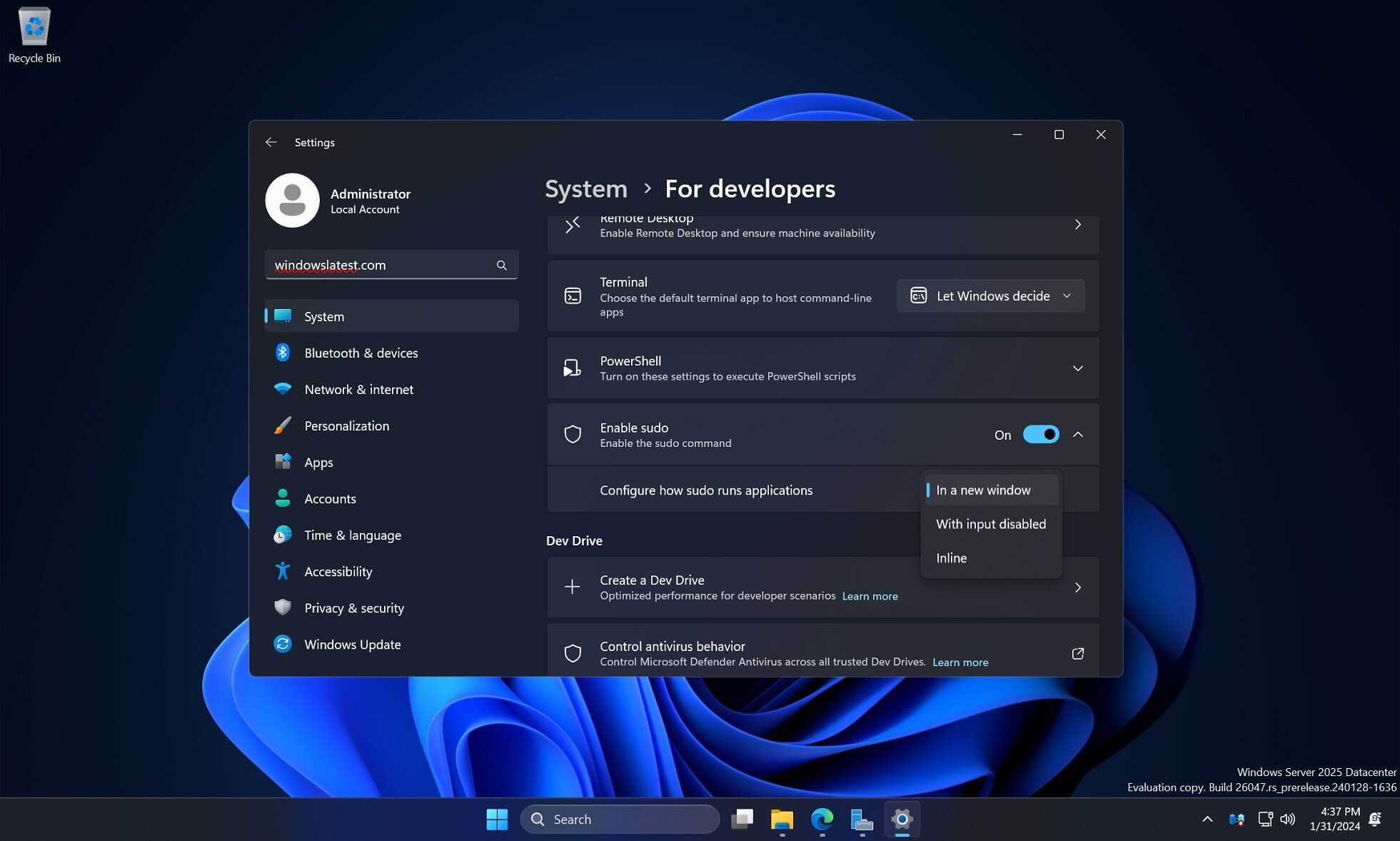
/cdn.vox-cdn.com/uploads/chorus_asset/file/9472201/acastro__171016_1777_0001_v7.jpg)
Share Your Content in a Future Newsletter
I'm always looking for new and existing self-hosted content to share in This Week in Self-Hosted. Reach out using the button below if you'd like to have your own content featured or have a suggestion for content types you'd like to see featured in future newsletters.




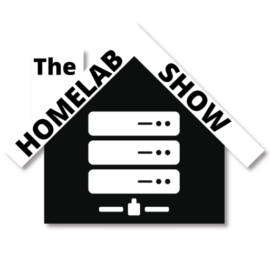
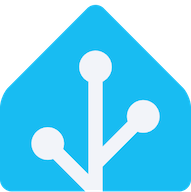







Comments